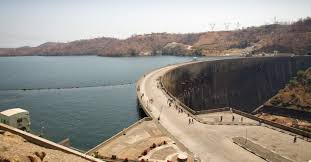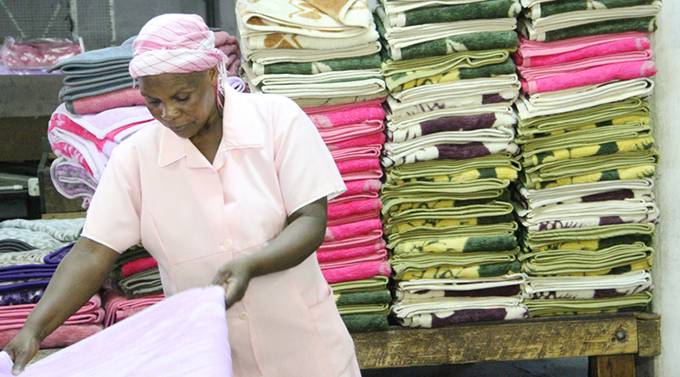Lawsuits hamper textile firm’s revival
Civil lawsuits are hampering efforts to resuscitate David Whitehead (DW), about two years after a new investor took over the business, the Herald Finance & Business gathered.
After acquiring majority shareholding in the business in 2019, Agri Value Chain (AVC) promised to “immediately move in” to revive the company, but civil lawsuits by Mr Edwin Chimanye, a minority shareholder and former chief executive of the company have stalled efforts to resuscitate the business.
David Whitehead used to be one of the country’s biggest employers.
Mr Chimanye is, among other lawsuits, seeking the removal of the judicial manager Mr Knowledge Hofisi and rescission of the sale of 51 percent stake in DW to AVC.
Even though he wants the judicial manager removed, he still wants DW to remain under judicial management. This implies a new judicial manager has to be appointed.
The matters are still pending.
“The lawsuits have been very costly to the revival of the business because the investor’s hands are tied up,” Mr Steven Musapuri, chairperson of workers committee said.
“As workers, we were so hopeful when the company secured an investor after several years but we are still stuck. However, we would like to commend the investor for paying wages and salaries even if there is no production taking place,” added Mr Musapuri.
The eight year-long hunt for an investor into DW ended in May 2019. The shareholding acquired by AVC was previously owned by Elgate Holdings, which lost its 51 percent after failing to fully pay for the shares more than a decade after signing a share subscription agreement with David Whitehead.
The agreement was terminated in April 2019 on the basis of “non-performance” by Elgate after the High Court ruled the concession for the purchase of the shares be revoked.
In terms of section 30 of the company’s articles association, “any shares forfeited shall be deemed to be the property of the company, and the directors may sell, re-allot or otherwise dispose of the same in such a manner they think fit.”
The coming in of the new investor was cheered for by many stakeholders including workers and businesses in Chegutu and Kadoma, where the company owns factories.
“David Whitehead used to have a significant impact on our local economy and its collapse was felt by many businesses here in Kadoma,” Alice Rumbi, a former employee said.
DW woes began around 2004 when the company, weighed by operational challenges and saddled with huge debts, was first placed under judicial management.
Poor management has also been blamed for the collapse of the company. At the time the company was first placed under judicial management, Mr Chimanye was the chief executive.
Since 2004, DW has remained under the court-sanctioned reconstruction order presided over by three different administrators. Dr Cecil Madondo of Tudor House Consultants was appointed in 2005 and managed the company until 2008. Two years later, Elgate applied for another judicial management after DW plunged into another financial crisis.
In 2014, DW was saved from liquidation after the High Court granted final judicial management order with Mr Hofisi confirmed the final judicial manager.
In pursuit of re-industrialisation, Zimbabwe has embarked on sector specific strategies to increase production, productivity and profitability as the country leverages the economy into the international market. Cotton to clothing value chain is among specific sectors being targeted by the Government.
“Zimbabwe is exporting a lot of value because we lack capacity to process lint (processed cotton),” said Carlos Tadya, an investment analyst with a research company. “It is our hope to see David Whitehead coming back again.”-Herald.cl.zw











